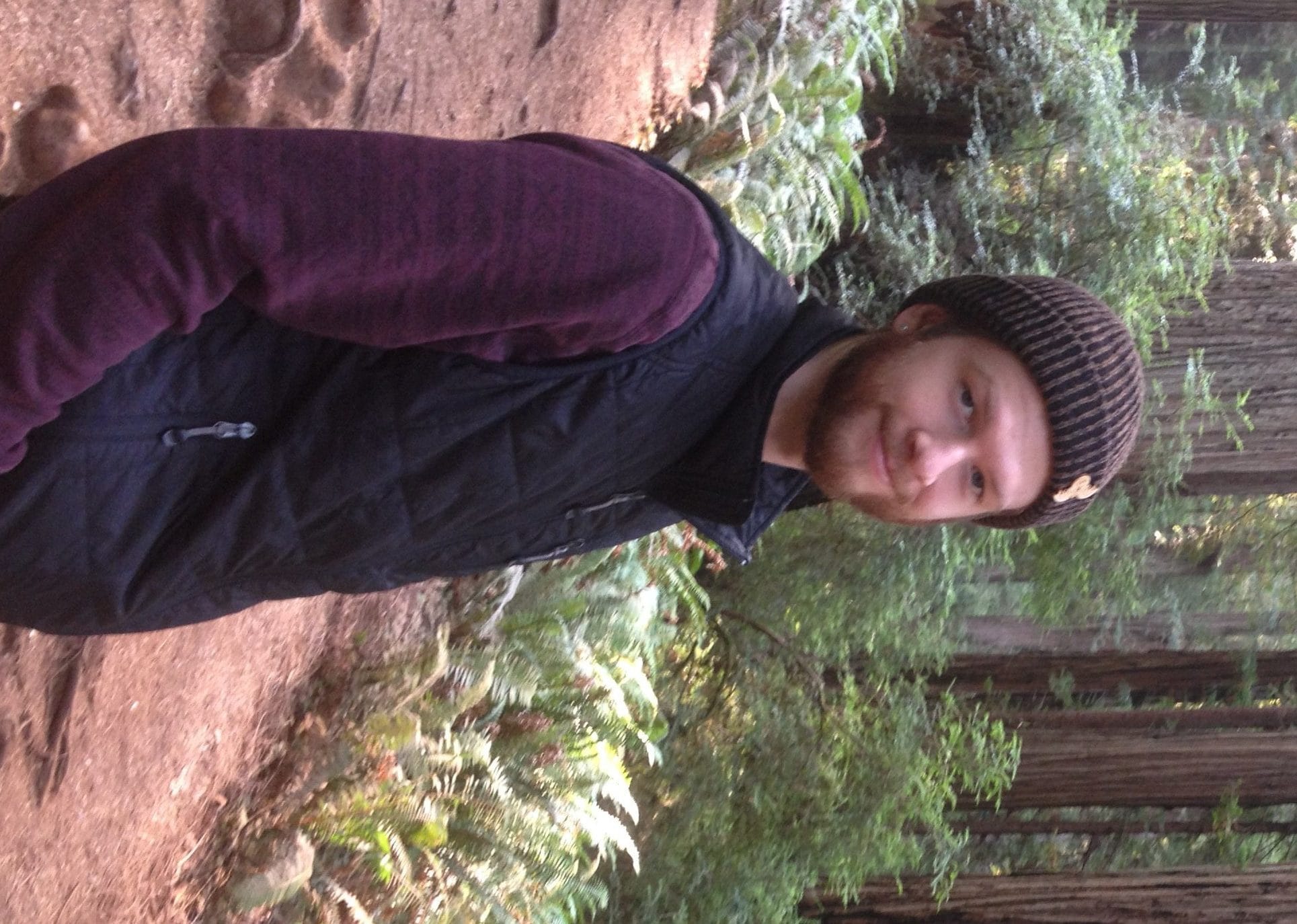Letter from the Managing Editor
You hear a ding and reach for your pocket. It’s a text or an email. Or perhaps a notification from Facebook telling you that someone “liked” something you wrote. It might be an Instagram photo from a vacationing friend, awash in golden light and sipping an early morning mimosa. It might even be your spouse, reminding you to pick up pet food on the way home.
This ding reaches you everywhere—messages, alerts, and texts floating into the palm of your hand at random. They interrupt thoughts, conversations, and musings—always tearing you back to a world that demands your response. Such is life in the 21st century, where everyone is only a thumb’s tap away.
It is here that we find ourselves in a new wave of mass literacy, one in which almost everyone is in the writer’s seat, communicating in ever-evolving ways at an accelerated rate. It’s exhilarating and exhausting, but it also poses a big question for the future of language. One that goes back to a concern Richard Hugo raised in “The Triggering Town.” In this essay, Hugo writes, “I caution against communication because once language exists only to convey information, it is dying.”* So, when the majority of the writing we do every day communicates, what does this say for language? For its ability to transcend this utilitarian purpose and become its own living, breathing entity that demands more than rote call and response?
Issue 75, the seventh annual online issue of the Bellingham Review, rises to answer this question, demonstrating how this era of mass writing (thanks to Deborah Brandt for this term) can also be a breeding ground for creative possibility. Inside, you will find hybrid essays by Kascha Semonovitch, in which image, text, philosophy, and family come together to produce a more amplified, nuanced look at the microscopic questions of life. Poems by Jillian Weise that push the boundaries of traditional form by incorporating language developed in internet writing, such as “plz.” Brad Kerstetter’s nonfiction that navigates the dysfunctional terrain of trauma by developing its own fresh, absorbing structure. Poems by Philip Metres, Diane K. Martin, Stella Reed, Ryler Dustin and many more that remind us of language’s potential to be more than a vessel, twisting outside of itself to take on its own dynamics. Fiction by Marianne Villanueva and Michael Upchurch demonstrates how storytelling is sometimes less about effective representation and more about evocation. As well as Dayna Patterson’s interview with Susan J. Erickson, which discusses Erickson’s newest collection of poems, wherein she utilizes forms ranging from the ballad to the tweet.
This issue also includes a particularly special section, titled “Underground Writing.” For the past year or so, Editor-in-Chief Susanne Paola Antonetta has worked with the nonprofit Underground Writing, which runs creative writing classes in migrant, incarcerated, recovery, and other at-risk communities in Northern Washington. The poems in this section are written by six young individuals who find themselves in these communities and, for them, their words do much more than communicate. The words, as they write them (and as we, on the other side, read them), take on centripetal force, allowing these young writers to discover themselves, if only for a brief moment, outside of their at-risk understanding of themselves. The poems allow them to place a piece of their lives in the palm of your hand, rather than the whole of them. If anything, these poems demonstrate that not only does language do more than communicate, it eradicates the barriers that often box us in.
Finally, our cover photo, Shawneetown, is from David Scherrer, a photographer whose indelible work continues to haunt our digital covers. After spending months with the work of our wonderful contributors, this image feels more pertinent than ever: The mist that shrouds the landscape, offering up a brief glimpse of the world. The still, silver pool of water. The safe wooden dock you can almost feel beneath your bare feet and the ladder on its side, waiting to lower you down into the unknown below.
This issue is also a dipping down into an unknown, or perhaps oft-forgotten, ability of language to do so much more than simply report what’s going on in the world. From all of the readers and editors here at the Bellingham Review, we hope you enjoy this newest collection of work by writers who refuse to let language rest.
Happy reading,
Mike Oliphant
*Hugo, Richard. “The Triggering Town.” The Triggering Town: Lectures and Essays on Poetry and Writing, W.W. Norton, 2010, pp. 11–18.
